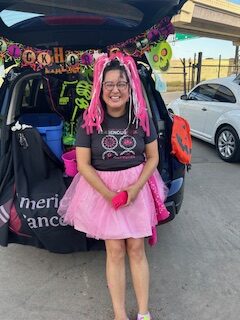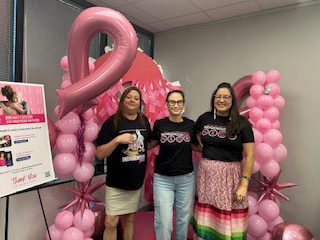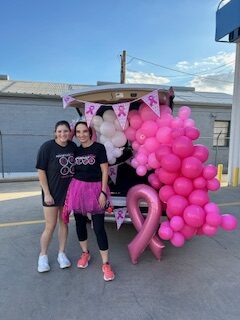Native PAP: No-Cost Breast & Cervical Cancer Screenings
At Native Healthcare Center (NHC), we are committed to breaking down barriers to healthcare and ensuring that Native, Indigenous, and Underserved/Uninsured women have access to life-saving cancer screenings.
Through our Native PAP Screening Project, we offer no-cost BREAST Exams/Mammogram and CERVICAL cancer screenings the Third Saturday of Every Month!
Our screenings are available to: anyone uninsured who meet the basic criteria
✅ Breast Cancer Screening (Mammograms): Women 40 years and older or those at high risk due to family history or other factors.
✅ Cervical Cancer Screening (Pap Tests & HPV Tests): Women 21-64 years old, based on screening guidelines.
If you are unsure about your eligibility, contact us—we are happy to help! (713) 309-6147
Why This Initiative Matters
Many Native and Indigenous women, along with underserved communities, face significant challenges in accessing preventive healthcare. Our initiative is designed to:
✅ Provide critical screenings for breast and cervical cancer
✅ Ensure access to follow-up testing and necessary treatment
✅ Create a welcoming, culturally supportive environment
✅ Empower women through education and community outreach
We understand that fear and uncertainty can prevent women from seeking preventive care. That’s why our dedicated team focuses on building trust, awareness, and accessibility to ensure every woman feels supported.
Frequently Asked Questions (FAQs)
1. What happens during a breast cancer screening (mammogram)?
A mammogram is an X-ray of the breast that helps detect cancer early, even before symptoms appear. The procedure is quick, taking about 20 minutes, and is performed by trained professionals.
2. What is a Pap test, and why is it important?
A Pap test checks for abnormal cell changes in the cervix that could lead to cancer. When combined with an HPV test, it can detect high-risk infections that may increase cancer risk.
3. Do I need health insurance to receive a free screening?
No, our screenings are completely free, and no insurance is required. Just meet the basic screening requirements.
4. What if my results show something abnormal?
If your screening detects an abnormality, we will provide guidance on follow-up testing and connect you with the necessary resources for further evaluation and treatment.
5. How often should I get screened?
- Mammograms: Every 1-2 years for women 40 and older, or earlier if at high risk.
- Pap tests: Every 3 years for women 21-29, and every 5 years for women 30-64 if combined with an HPV test.
6. What if I don’t have transportation to the screening?
Please call us—we may be able to assist with transportation options or connect you with local resources.
Our Partners
This initiative is proudly supported by the American Indian Cancer Foundation (AICAF), which is dedicated to eliminating cancer burdens in Indigenous and underserved communities through expanded prevention, early detection, treatment, and survivor support.
Together, we are making a difference—one screening at a time!





